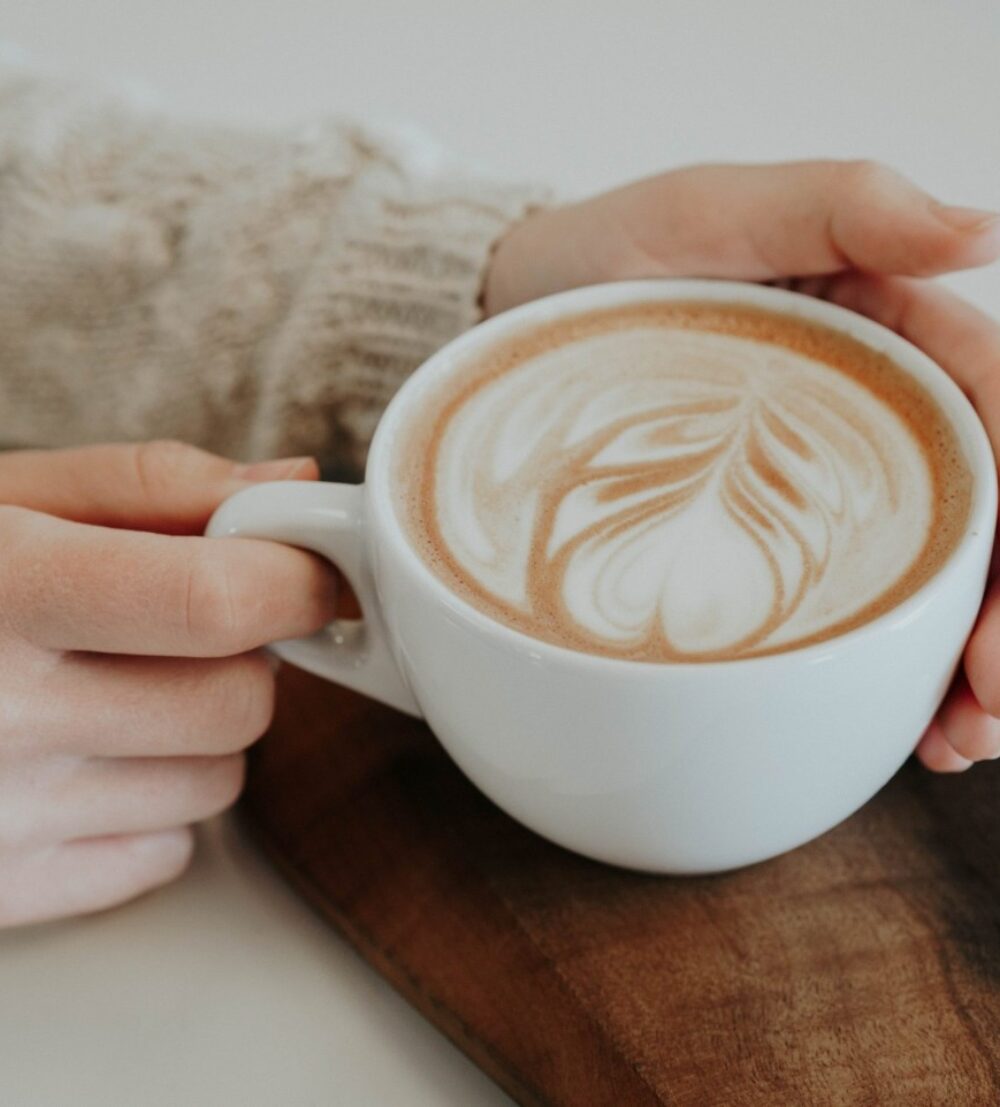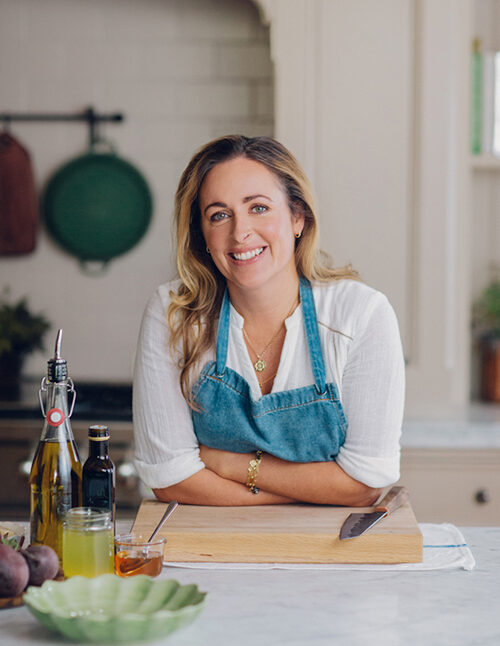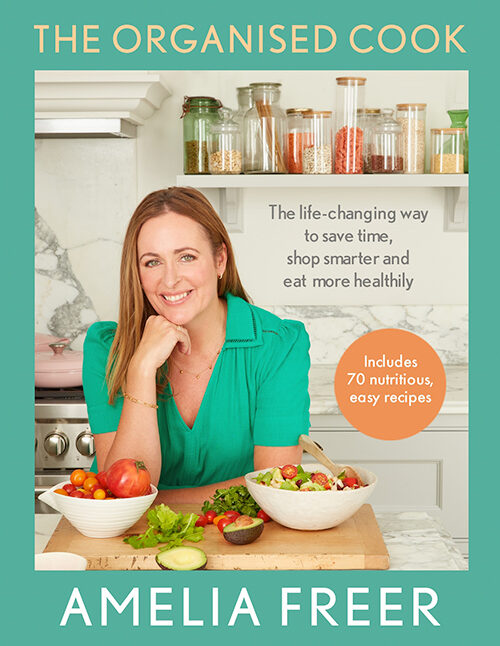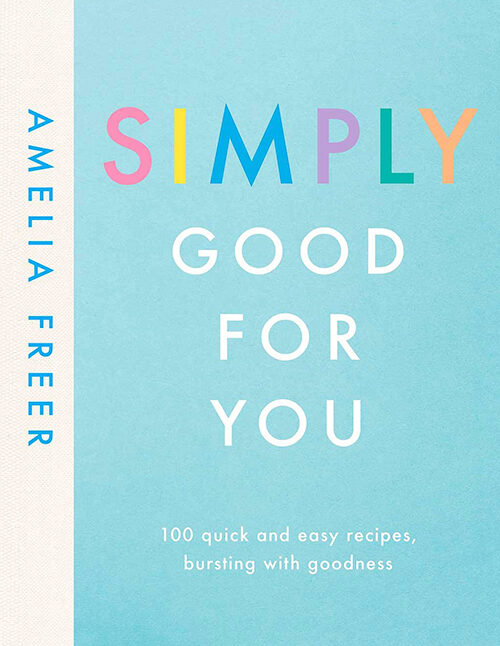9 Tips for a Great Night’s Sleep
Jul 2020

Sleep, or the lack of it, can influence so many different aspects of our health and wellbeing. Many of us know the joy that comes from waking up after a wholly uninterrupted and blissfully restorative night, but also how profoundly a bad night can affect the following days.
I admit that I fall in to the latter camp lately, mostly due to the needs of my little one. And that is a key point I really want to make here. Good quality sleep is not always in our personal control – from frequent trips to the bathroom to caring responsibilities, longstanding health problems or medication side effects – we can’t solve all sleep issues with a more comfortable bed and technological ‘sun-down’.
BUT, I often work with clients who have more general sleep troubles, yet don’t do these basic things consistently. ‘Sleep hygiene’ is a great first step to help improve the amount and quality of sleep you get.
I thought it might therefore be helpful to share my 9 most frequently recommended sleep tips, in case it helps any of you get an extra hour or two of restorative shut-eye. For more significant concerns, or if there are medical issues affecting your sleep, please do speak to your healthcare provider. There is often support available.
1. Set realistic expectations
The National Sleep Foundation recommends that most adults aim for 7-9 hours sleep a night, although anywhere between 6-10 may be appropriate, depending on your personal requirements and circumstances. Generally speaking, sleeping for <6 hours, or>10 is not recommend.
It’s therefore sensible to set realistic expectations. Some people do need less sleep, but if you’re someone who needs a little more, allow for this in your schedule and don’t try to burn the candle at both ends every night.
2. Minimise the 5 key sleep disruptions
These are light, noise, heat, alcohol and caffeine. Minimise as necessary, according to your personal tolerance for each. Some people are more sensitive than others, either to individual factors, or a combination of them.

Light
Most of us sleep best in a very dark room. That might require installing black-out blinds or hook-on curtain liners , particularly in the summer months, and making sure that ambient light (from alarm clocks, chargers, hallways etc.) is also reduced. Recent research has found that light receptors are not only found in our eyes, but in our skin too . These may also influence our sleep-wake cycles, so aiming for a dark room, rather than just an eye mask, may be beneficial for some people.
Noise
Background noise can be a real sleep disruptor. Sometimes, this can’t be helped (such as hearing your baby crying), but when it is safe to do so, ear plugs or a white noise machine can be really helpful. If it is external or traffic noise that is most problematic, then investing in some sound-insulating windows, shutters or extra-heavy curtains may also be worthwhile.
Heat
A hot bedroom can reduce your ability to get off to sleep, and causes frequent night waking. Aim for a comfortably cool bedroom and breathable layers of clothing / bedding. I have this fan, which has been a real lifesaver on super hot summer nights.
Alcohol
Alcohol might feel like a sleep aid, in that it can help us to relax and perhaps temporarily quiet racing thoughts, but actually, it impairs the quality of our sleep later in the night, so that overall, we get less rest and restoration. Stick to a sensible alcohol intake and try not to consume it after your evening meal has finished. For more info, check out my longer article on alcohol here.
Caffeine
Many of us are cautious about the amount of caffeine we consume in the late afternoon and evening, but for some people, caffeine consumed much earlier in the day may still be affecting sleep. If sleep is a challenge for you, try gradually reducing your caffeine intake over a couple of weeks (I don’t recommend going ‘cold-turkey’), to see if it has a positive impact. Also, don’t forget to check the ingredients on some medications (particularly for colds), which may also contain caffeine.
3. Include magnesium containing foods in your diet
Magnesium is an essential dietary mineral that is thought to play an important role in sleep regulation. Magnesium-rich foods include green leafy vegetables, legumes and pulses, nuts (especially almonds, cashews, peanuts), seeds, whole grains and yoghurt. Getting magnesium from whole foods is always my initial recommendation. Supplements of any kind should be discussed first with a qualified nutrition or health professional.
4. Stick to a consistent sleep schedule
You’ll probably have read this one many times before, but it is still a good tip. Try (although I know this is impossible if you are working shifts) sticking to a consistent bed time and waking-up time, even at weekends, as it helps our bodies to get into a good rhythm of knowing when to be wakeful, and when to start getting sleepy.
5. Sleep books
The Sleep Book by Dr Guy Meadows is my top self-help recommendation for anyone suffering from chronic sleep troubles. I’ve suggested it to many clients, as I often find that sleep difficulties make new habits (especially dietary ones) much harder to stick to. It suggests a different way of looking at insomnia, using the principles of Acceptance and Commitment Therapy (ACT), which might offer a new approach to those you’ve read of in the past.
Why We Sleep by Matthew Walker is also an excellent book, although I would suggest being cautious about reading it if you are already struggling with insomnia, as it might potentially increase anxiety around sleep – which is inevitably unhelpful and may exacerbate the problem.
6. Observe a technological sun-down
This tip is most often suggested due to the potentially stimulatory effects of artificial light in the evenings. When technology use is essential in the evenings, the effects may be reduced through warm tint settings or blue-light blocking glasses. If technology use is not essential, however, then switching to other forms of unwinding (such as a creative activity, warm bath, relaxing music, journaling or reading) might be an alternative strategy. I generally recommend doing this for somewhere between 30 minutes to 2 hours before you want to fall asleep. See what works best for you.
I think, however, that there is another aspect to this tip that is not so often discussed. It is recommended that we go to bed when we feel tired, but certainly in my own experience, it can be really hard to recognise this cue if we are engrossed in those magical shiny light boxes we are now so familiar with (phones, TV, computers, tablets etc.). The automatic play function of online streaming services is, I think, a real culprit for our collective lack of sleep. Pushing through (or not observing) the cues to sleep can sometimes result in a ‘second wind’, where wakefulness returns and the ability to drift off to sleep is harder again. Furthermore, the content of the media we consume before bed can potentially trigger anxiety or wakefulness – I don’t recommend regularly watching late-night news programmes, for example – they are often full of anxiety-provoking stories that we might be better able to process in the morning.
Again though, as always, it is very much down to our individual experience. None of this affects us all in the same way. We need to work out what does matter for us and act accordingly.
9. Leave your phone out of the bedroom
Last, but by no means least, this is my little plea. If you always go to sleep with your phone by your head, please consider either turning it off, or leaving it in another room.
I often wonder if never turning our phones off means that we don’t get a chance to switch off either – there’s always that possibility that it might ring or beep at any moment and demand our attention. Perhaps that keeps us engaged, and on edge, more than we are quite aware of? Or try using the sleep cycle which means you won’t get any distractions between set hours.
NB., If you’re used to using your phone to wake you up, consider buying a standalone alarm. This sunrise alarm clock is what I now have by my bedside and am a big fan.
Wishing you all a very good nights sleep.
MORE TO EXPLORE
Please note that the information on this website is provided for general information only, it should not be treated as a substitute for the medical advice of your own doctor or any other health care professional providing personalised nutrition or lifestyle advice. If you have any concerns about your general health, you should contact your local health care provider.
This website uses some carefully selected affiliate links. If you buy through these links, we may earn an affiliate commission, at no additional cost to you. This helps to keep all of our online content free for everyone to access. Thank you.



